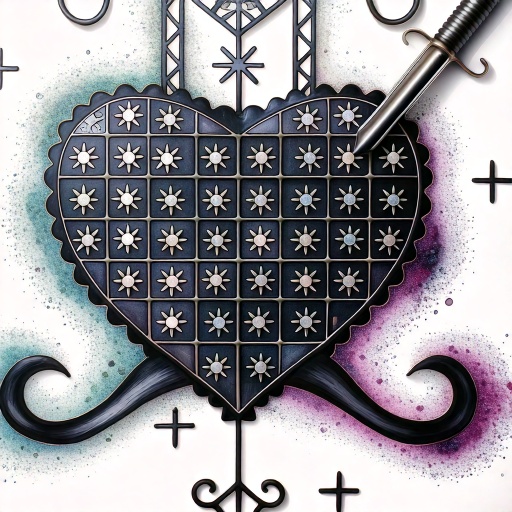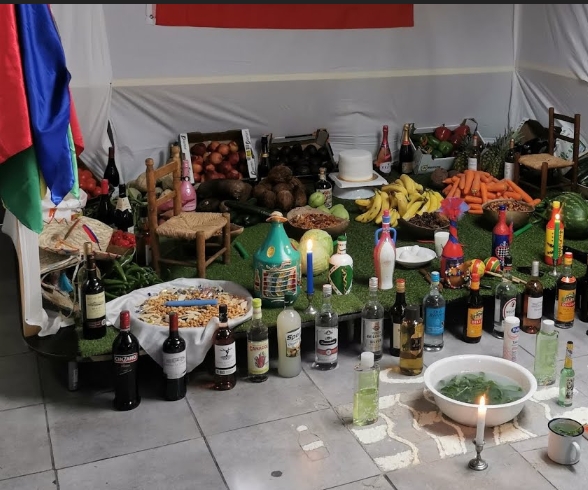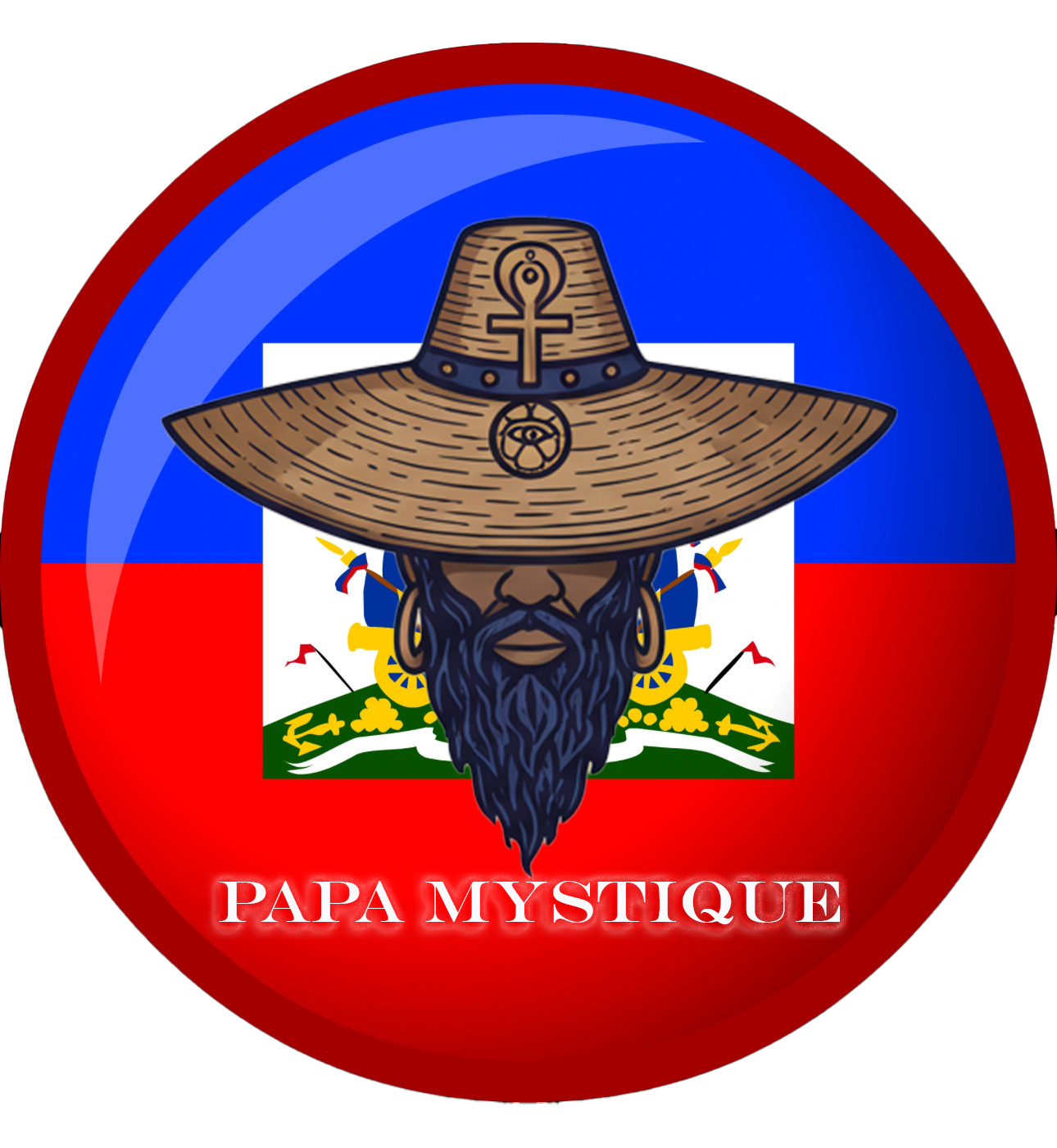Haitian Vodou is a rich spiritual tradition deeply rooted in African heritage, blended with Indigenous and Catholic influences. It is more than just a religion—it is a way of life, a connection to the divine, and a means of honoring the spirits known as Lwa. These powerful entities serve as intermediaries between humans and Bondye, the Supreme Creator. Vodou ceremonies involve drumming, singing, and dancing, creating a sacred space where practitioners invoke the Lwa for guidance, healing, and protection. Understanding Vodou begins with recognizing its foundation: respect for the ancestors, devotion to the spirits, and a belief in the interconnectedness of all things.
We are the ancestors’ wildest dreams, carrying their wisdom in our bones and their strength in our spirits.
One of the most recognizable aspects of Haitian Vodou is the use of veves—intricate symbols drawn on the ground with cornmeal or flour to summon the Lwa. Each Lwa has its own unique veve and ritual offerings, such as food, candles, or specific colors. For example, Papa Legba, the guardian of crossroads, is honored with rum and tobacco, while Erzulie Freda, the spirit of love and beauty, is adorned with perfumes and sweets. These traditions are not simply symbolic; they are powerful acts of devotion that establish a direct link between the physical and spiritual realms.


Despite common misconceptions, Haitian Vodou is not about sorcery or harm but about balance, justice, and community. It is a tradition that teaches responsibility, respect, and the importance of maintaining harmony with the spirits and one another. For beginners, learning about Vodou requires an open mind and heart. Whether through reading sacred texts, attending ceremonies, or speaking with practitioners, the key is to approach with sincerity. Vodou is not just practiced; it is lived, woven into the everyday lives of those who honor it.
Wrapping Up with Key Insights
Haitian Vodou is a deeply spiritual tradition rooted in African heritage, honoring the connection between humans, ancestors, and the divine. It is centered on respect for the Lwa, sacred rituals involving drumming and veves, and acts of devotion that bridge the physical and spiritual realms. Far from the misconceptions often portrayed, Vodou is about balance, justice, and community, emphasizing responsibility and harmony. For beginners, approaching Vodou with an open heart and sincere curiosity allows for a deeper understanding of its teachings and its role in everyday life.

Leave a Reply